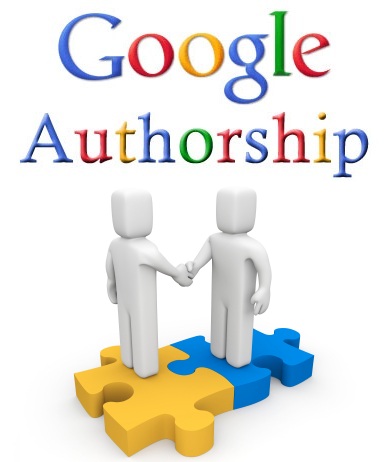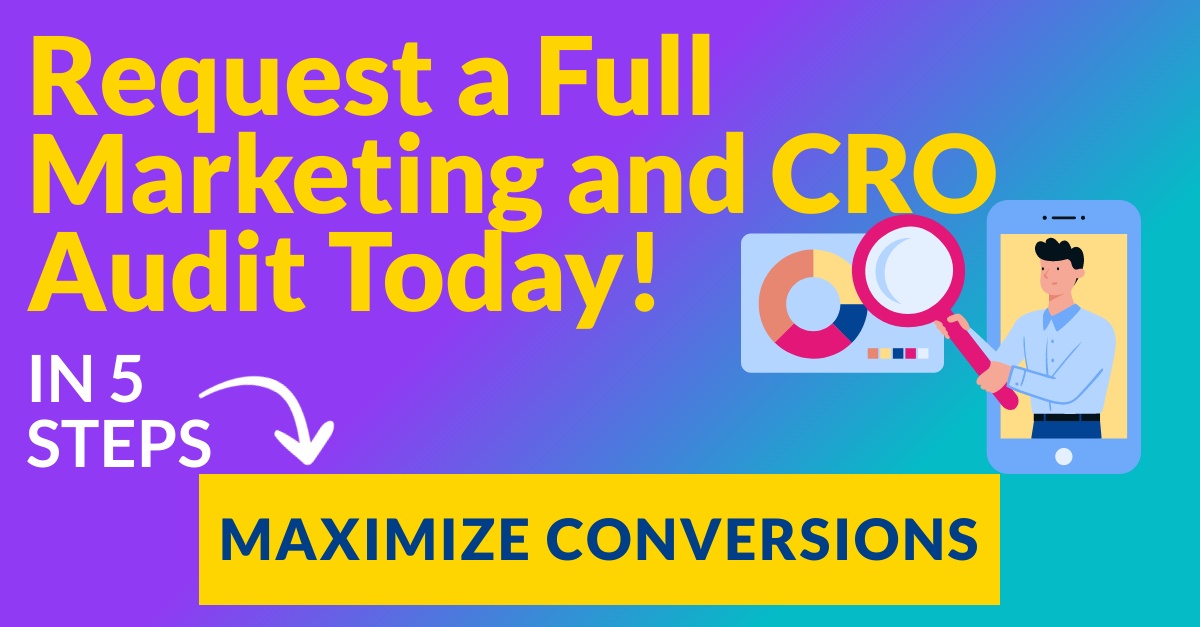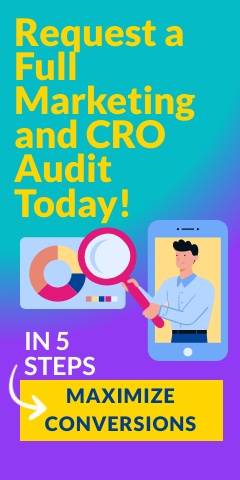 On June 26th, 2012, Anthony Mangia, CEO of Mangia Marketing posted a series of thought-provoking questions in the SEOmoz PRO Q&A Forum. The basis of this article is a response to his query and the interesting forum discussion that followed about the advantages and disadvantages of Google Authorship for both employers and employees. Do the pros outweigh the cons for either one of these parties? Let’s find out!
On June 26th, 2012, Anthony Mangia, CEO of Mangia Marketing posted a series of thought-provoking questions in the SEOmoz PRO Q&A Forum. The basis of this article is a response to his query and the interesting forum discussion that followed about the advantages and disadvantages of Google Authorship for both employers and employees. Do the pros outweigh the cons for either one of these parties? Let’s find out!
PROS FOR EMPLOYERS
- Recruitment, AuthorRank and its Influence on PageRank
When hiring employees, especially copywriters, employers are now able to review Google+ profiles and authorship statuses before coming to a decision on whether or not to offer the individual an employment opportunity. If employers choose to hire a copywriter with an already well established authorship and good standing in the online community, they will benefit from their AuthorRank as well as established fan base and following. And remember that AuthorRank is said to influence PageRank. Similarly, if all your existing employees have a Google+ profile tied to the content they publish, it’s bound to do wonders for the overall authority of your website and blog as they continue to publish fresh and relevant content.
- Authorship is Somewhat Retainable if Employee Leaves
What happens if one day your AuthorRank star employee chooses to call it quits? The good news is that the already published content by the ex employee on your domain will still show under “More by [insert name]” as part of their Rich Snippet. So, when users search for your ex employees name or articles they’ve written, previously published articles on your domain by this employee will still appear in the web results. At least you’ve still got that under your belt! But unfortunately, there is potentially still a lot to lose here. More on this later…
CONS FOR EMPLOYERS
- Authorship Cannot be a Company and Must be an Employee
The instructions to link your Google+ profile to the content you create clearly states the following:
You can link content you publish on a specific domain (such as www.wired.com) to your Google+ profile.
- Sign up for Google+ and create a Google+ profile.
- Make sure you have a profile photo with a recognizable headshot.
- Make sure a byline containing your name appears on each page of your content (for example, “By Steven Levy”).
- Make sure your byline name matches the name on your Google+ profile.
- Verify you have an email address (such as stevenlevy@wired.com) on the same domain as your content. (Don’t have an email address on the same domain? Use this method to link your content to your Google+ profile)
- Return to this page and enter your email address.
The red bolded words suggest that Google wants an individual employee to be listed as the author responsible for creating the content—not companies or brands. A company or brand’s Google+ page cannot be designated as the author of any web content. Therefore your company and brand name will not come up as the author in the web results.
Warning: If you’ve considered creating a company persona under the guise of a real person in order to have all authorship attributed to that particular Google+… Don’t do it! This really undermines AuthorRank and defeats the whole point of authorship. Google may also penalize you for trying to cheat their system… just as they’ve done for poor SEO practices through Google’s Panda-Penguin algorithm updates.
- Employee Leaves… And So Does Their Authorship Value to the Company
As mentioned earlier, what happens if and when your AuthorRank star employees leave? As Mangia states, “AuthorRank is going to become more and more important to Google’s algorithm”. As your employees write for your company, they will be listed as the author of the work and will therefore attract a devoted following amongst users for their relevant, credible and authoritative content. If and when these employees leave, the benefits that come with their authorship rank are taken with them instead of remaining with the company. Unless the employer controls the employee’s Google+ account. More on that later…
- Possibility of Workplace Hostility
Unfortunately, Google has not yet offered an option for dual and multiple authors. And that’s when the workplace drama begins. What if there’s more than one employee involved in the creation of an article or blog post? Oftentimes team members collaborate with each other on projects in order to deliver the best content for the user. For instance, while employee X may be better with words, employee Y may be better equipped with the subject knowledge. The reality remains that only one of these employees will get their mug and author information displayed in the search engine results pages (SERPS). Competition for authorship may lead to resentment and jealousy amongst employees which will have negative consequences for your company’s team spirit and productivity.
PROS FOR EMPLOYEES
- Ability to Connect with Users and Increased CTR
The goal of Google Authorship is to help users to discover brilliant content and to also easily link users to the creators of this content. This is great news for employees who oftentimes struggle with content promotion and building a loyal following. Employees are also now able to showcase their picture next to articles and blog posts they’ve posted on the web with an extra link to “More By…” them. This is called a Rich Snippet. Rich Snippets offer a great opportunity for increased CTR (Click through Rate) because they’re the first results that catch the users eye when searching for information.
- Prestige Earned Can Be Transferred from Employer A to Employer B
Assuming that employers will be asking questions about your Google Authorship in future interviews, it will work to your advantage if you have a Google+ profile and an already well established AuthorRank. Even if they don’t ask this question, you can always use this opportunity to give you that extra edge over other candidates. The author authority and reputation earned from your previously submitted articles and blog posts as well as fan base and following will transfer to your next employer should they choose to hire you. And, of course they will, if it means your AuthorRank will influence their PageRank!
CONS FOR EMPLOYEES
- Employer Can Control Your Google+
Be aware of the fact that employers can, and often do, request that all usernames and passwords are available to them at all times. This is one way for employers to get around the possibility that if and when their star employees do choose to leave, they will still have access to their Google+ profile and can easily change account details to reflect a new employees details. Many employees will also make you sign a document that states that everything you do under the company name will remain with them if and when you choose to leave. Don’t forget that employers are also webmasters and can easily log in and switch the authorship from you to them.
However, we hope that Google is smarter than that. I wonder if they are able to know if employers do change details of a Google+ account to reflect a new employee’s name in order to retain the ex employees AuthorRank? Will Google notice suspicious activity if suddenly all your content has disappeared from a specific website and is now under the name of another individual. Thoughts? There are, however, lines to be drawn. For instance, employers are not allowed to remove a journalist’s name from an article in print media.
- Inability to Attribute Dual and Multiple Authors
As mentioned previously, Google still has not developed the functionality to give authorship to dual and multiple authors. This is a setback for employees who desire to team up for an article or blog post. Frustration and animosity between employees is an unfortunate possibility if Google fails to take into account this major void in authorship. Can you think of any reasons why they haven’t accounted for this yet? Got any ideas on how they could implement it or what it might look like? Share them with us!
###
While it’s understandable that employers want to see their company hold credit for work that they have funded, employers who endeavor to prevent employees from obtaining personal credit for their work, however, are “operating in low form” believes one of the forum members. He believes that if you treat them well and honor their efforts they will be satisfied and therefore more likely to stay with your company for the long run. Interestingly, a recent study by Small Biz Trends also concludes that employers who allow employees to receive recognition and praise for their achievements are likely to retain these employees.
Optimum7 is an industry leader and produces quality content that ranks. Invest in Google Authorship and boost your AuthorRank and PageRank today. For more information Contact us for an initial, no-obligation consultation.





